24/7 Helpline:
(866) 899-111424/7 Helpline:
(866) 899-1114
Learn more about Bipolar Disorder Treatment centers in Baltimore
Bipolar Disorder Treatment in Other Cities

Other Insurance Options

Health Partners

Optima

Health Net

United Health Care

Providence

Sliding scale payment assistance

EmblemHealth

Excellus

Coventry Health Care

Lucent

Absolute Total Care

WellCare Health Plans

Molina Healthcare

Multiplan

BlueShield

Self-pay options

Cigna

Carleon

Premera

Anthem








Turning Corners
Turning Corners offers outpatient services for individuals that are struggling with a Substance Addi...

Maryland Addiction Recovery Center
Maryland Addiction Recovery Center (MARC) is a CARF-accredited addiction treatment rehab in Towson, ...

A Helping Hand Health Services
A Helping Hand Health Services is a private rehab located in Pikesville, Maryland. A Helping Hand He...

Mosaic Community Services
Mosaic Community Services provides mental health and substance abuse assessments, individual and gro...

Mosaic Community Services
Mosaic Community Services provides mental health and substance abuse assessments, individual and gro...

MedMark Treatment Centers
MedMark Treatment Centers offers outpatient treatment for individuals with an opiate addiction. MedM...

Aspen Day Treatment – Adults
Aspen Day Treatment – Adults is a private rehab located in Halethorpe, Maryland. Aspen Day Treatment...

Alternatives to Dependency
Alternatives to Dependency is an outpatient substance abuse facility that provides services to child...

The Bergand Group
The Bergand Group is a private rehab located in Lutherville Timonium, Maryland. The Bergand Group sp...

Addiction Treatment of Maryland
Addiction Treatment of Maryland is a CARF accredited dual diagnosis alcohol and drug rehab center lo...

Amatus Recovery Centers
Amatus Recovery Centers is a private rehab located in Owings Mills, Maryland. Amatus Recovery Center...

Sheppard Pratt – Psychiatric Rehabilitation Day Program – Catonsville
Sheppard Pratt – Psychiatric Rehabilitation Day Program – Catonsville is a private rehab located in ...

Sheppard Pratt Integrated Behavioral Health at GBMC – Hunt Valley
Sheppard Pratt Integrated Behavioral Health at GBMC – Hunt Valley is a private rehab located in Cock...

Sheppard Pratt Integrated Behavioral Health at GBMC – Joppa Road
Sheppard Pratt Integrated Behavioral Health at GBMC – Joppa Road is a private behavioral health trea...

Sheppard Pratt Integrated Behavioral Health at GBMC – Owings Mills
Sheppard Pratt Integrated Behavioral Health at GBMC – Owings Mills is a private rehab located in Owi...

Sheppard Pratt Integrated Behavioral Health at GBMC – Texas Station
Sheppard Pratt Integrated Behavioral Health at GBMC – Texas Station is a private rehab located in Lu...

Sandstone Care – Baltimore
Sandstone Care Baltimore is a treatment center for teens and young adults struggling with substance ...

Life Renewal Services
Life Renewal Services is a private rehab located in Windsor Mill, Maryland. Life Renewal Services sp...

Resource Group
Resource Group offers mental health and substance abuse services for individuals in need. They utili...

Hope’s Horizon
Hope’s Horizon stands as a CARF-accredited family-focused alcohol and drug treatment center in Perry...

Good Shepherd Services
Good Shepherd Services is a private rehab located in Halethorpe, Maryland. Good Shepherd Services sp...

Addictions Counseling Services
Addictions Counseling Services is a private rehab located in Pikesville, MD. Addictions Counseling S...

Port Recovery
Port Recovery is a wrap -around program to address clients in all stages of their recovery process. ...

Healthcare Living for Families
Healthcare Living for Families is a private rehab located in Windsor Mill, Maryland. Healthcare Livi...

Center for Mental Health
Center for Mental Health offers outpatient treatment for individuals with alcohol and/or substance a...

Towson University Counseling Center
Towson University Counseling Center offers counseling and psychological services for students and st...

BD Health Services – Dundalk
BD Health Services – Dundalk is a private rehab located in Dundalk, Maryland. BD Health Services – D...

DOT Caring Centers – Residential
DOT Caring Centers – Residential is a private rehab located in Freeland, Michigan, that specializes ...

Corpus Christi Men’s Rehab
The Corpus Christi Men’s Rehab is a faith-based adult addiction recovery program. Our mission is to ...





































































































































































































































































































































































































































































































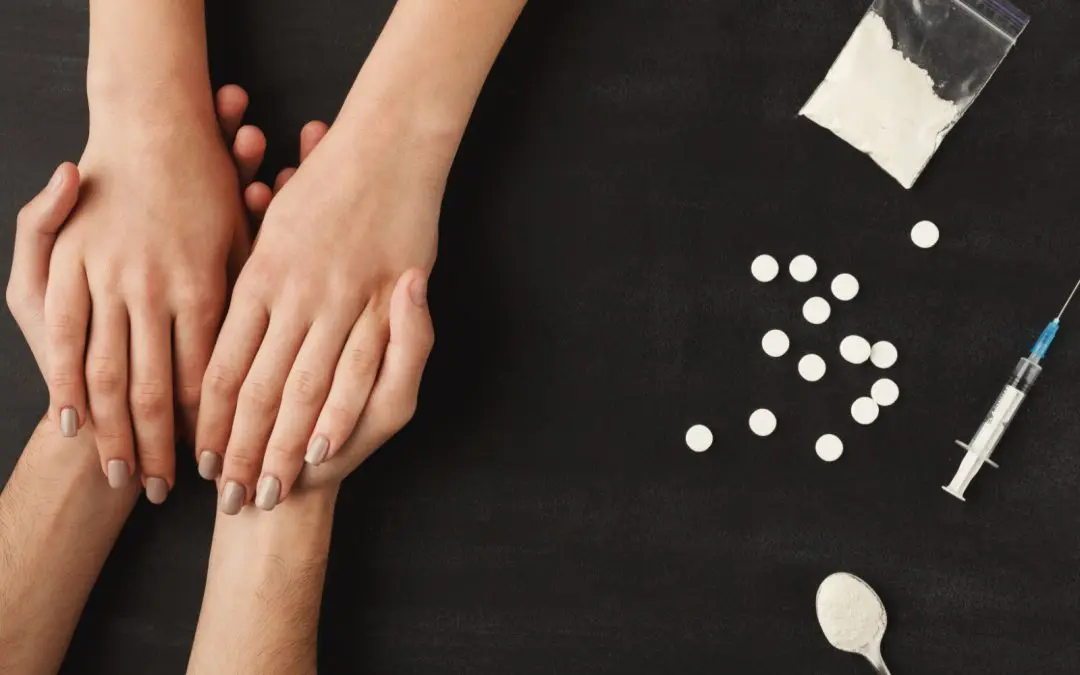
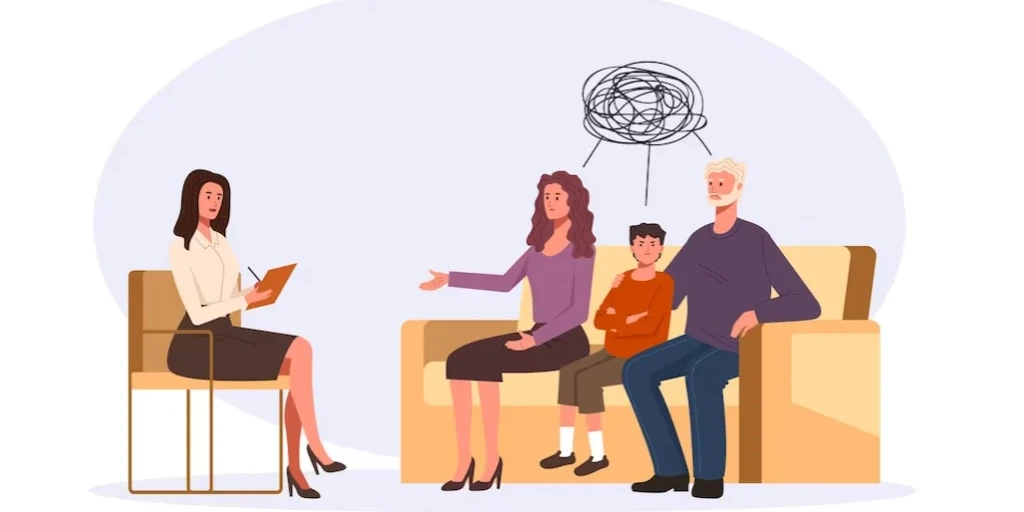






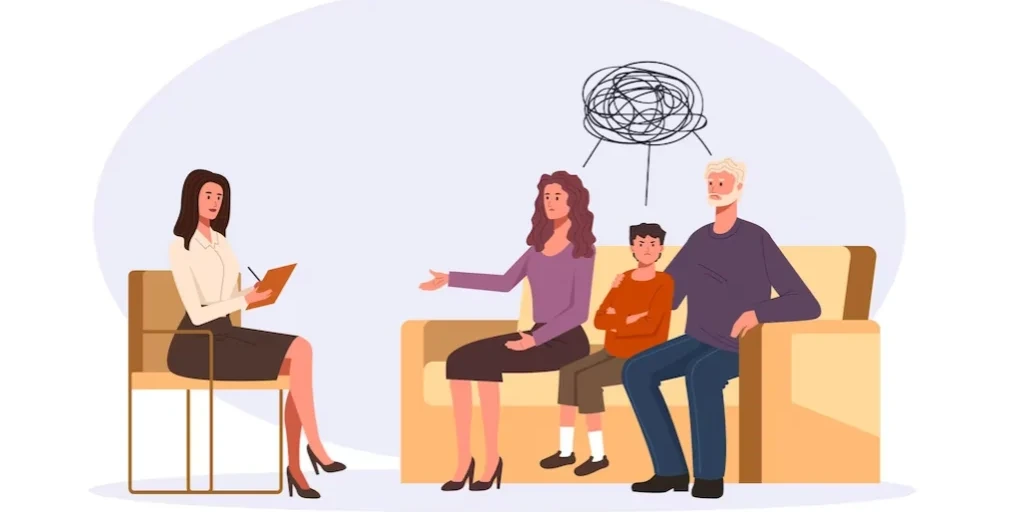













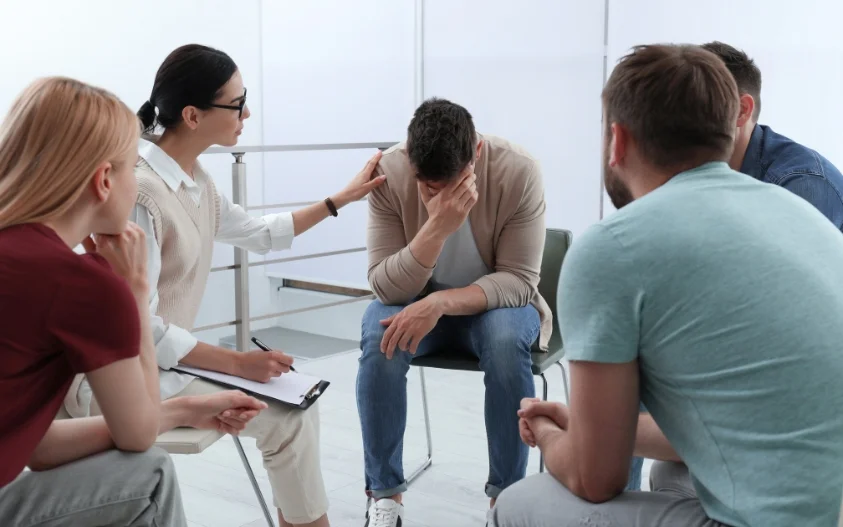










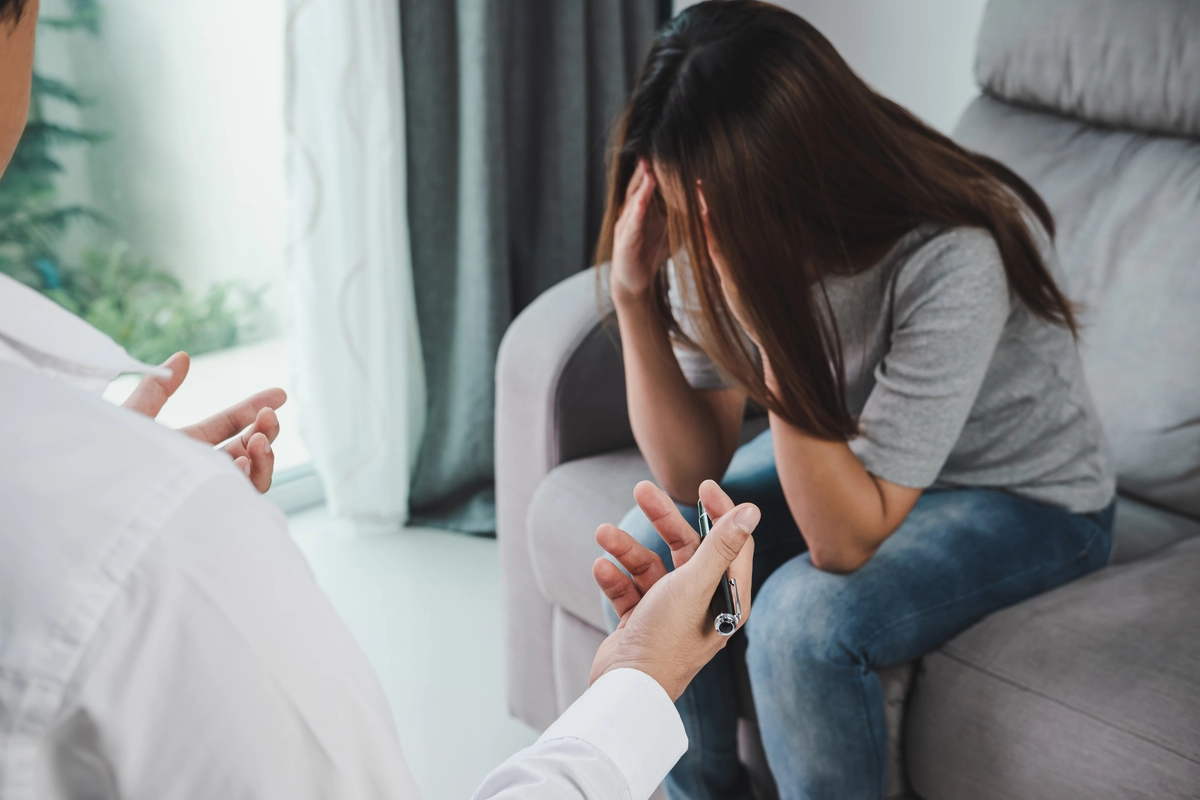

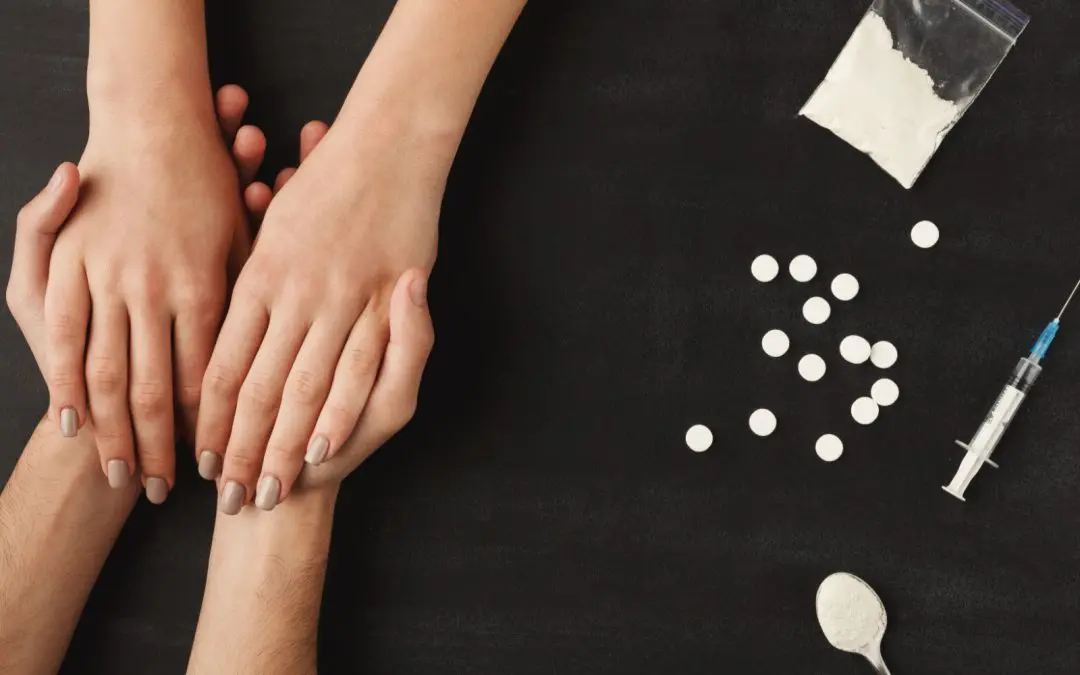


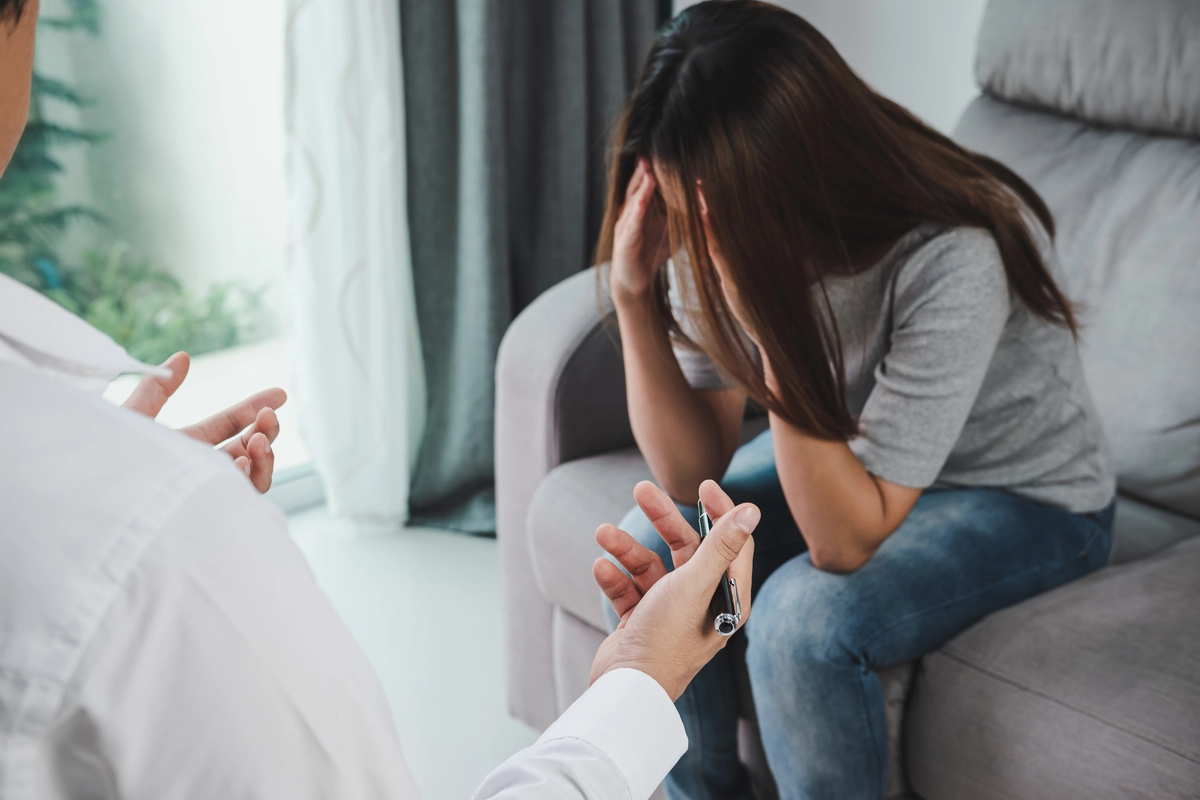






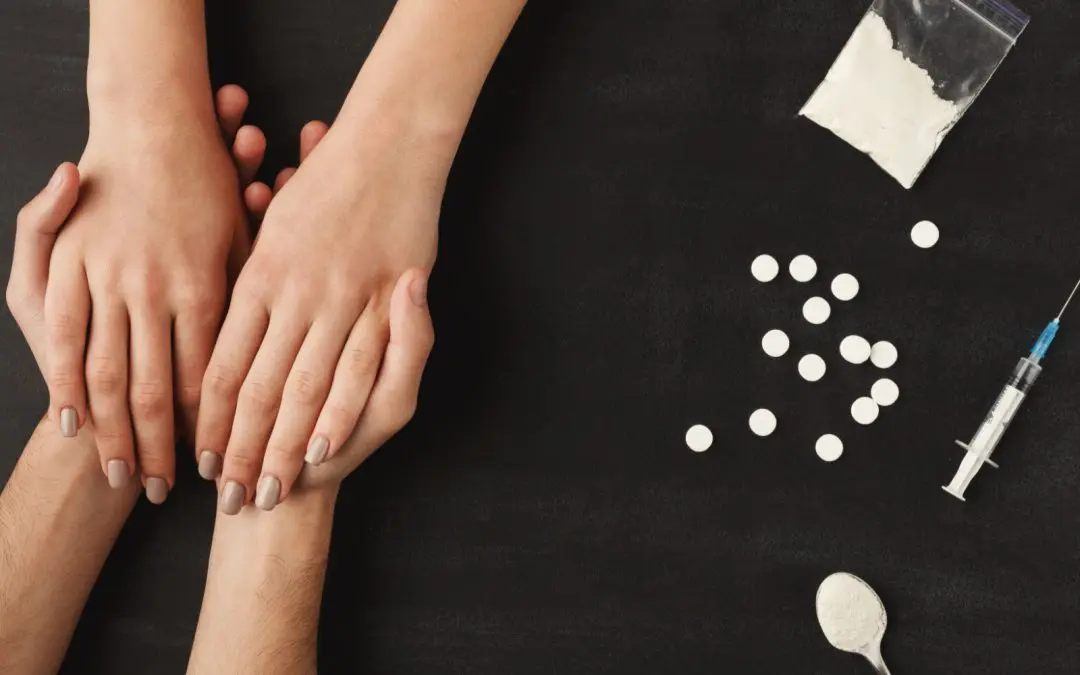










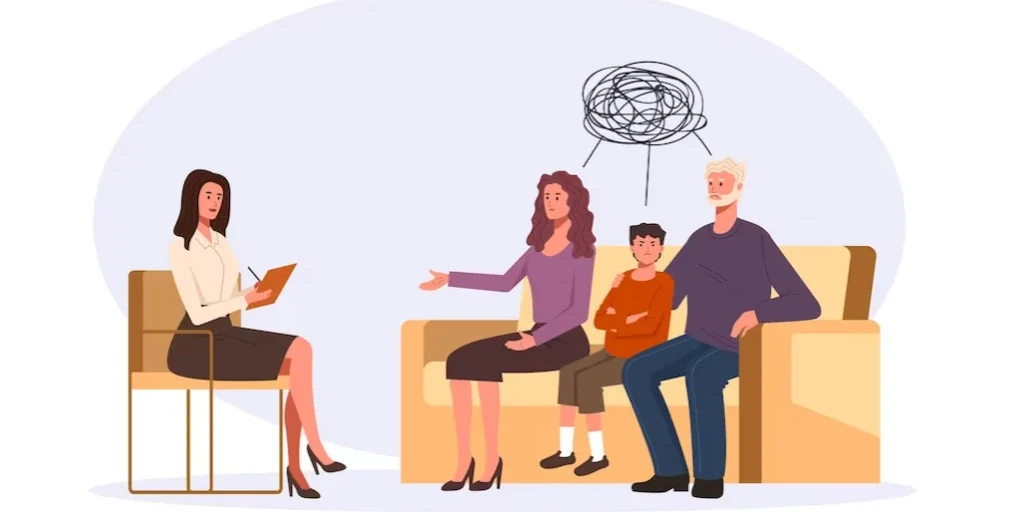

























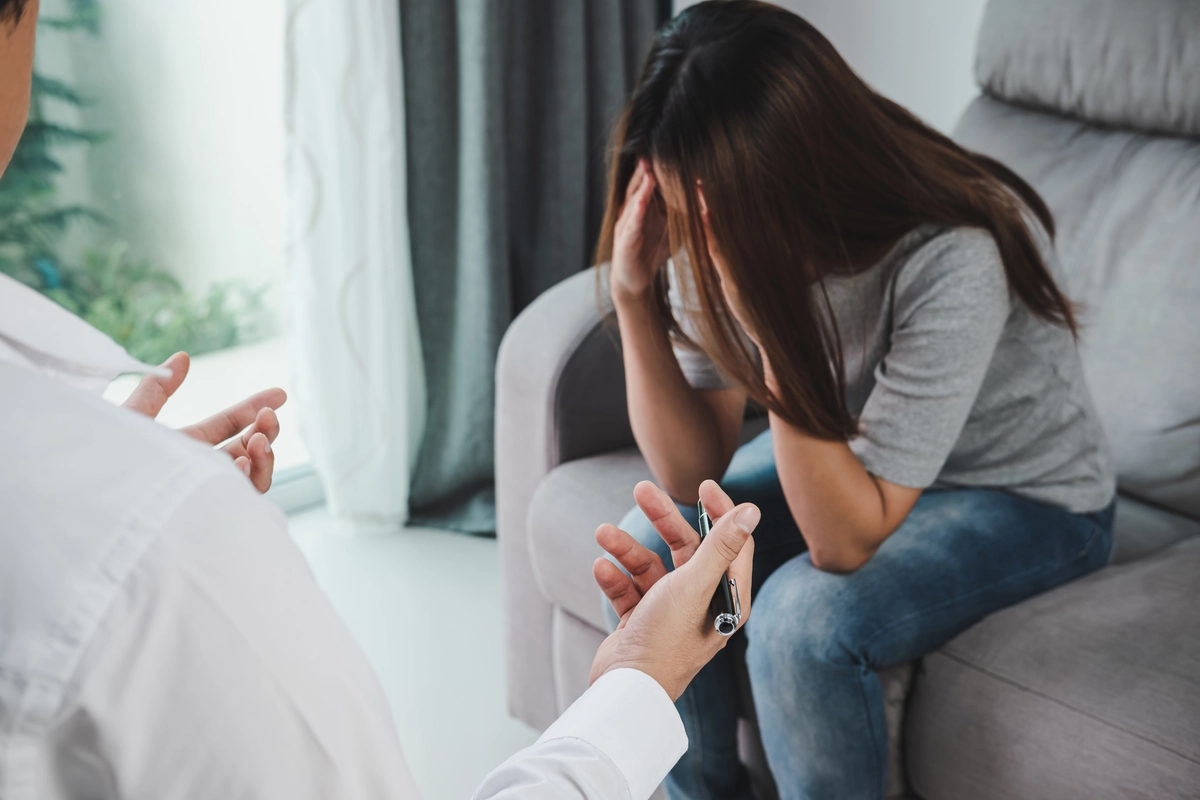






































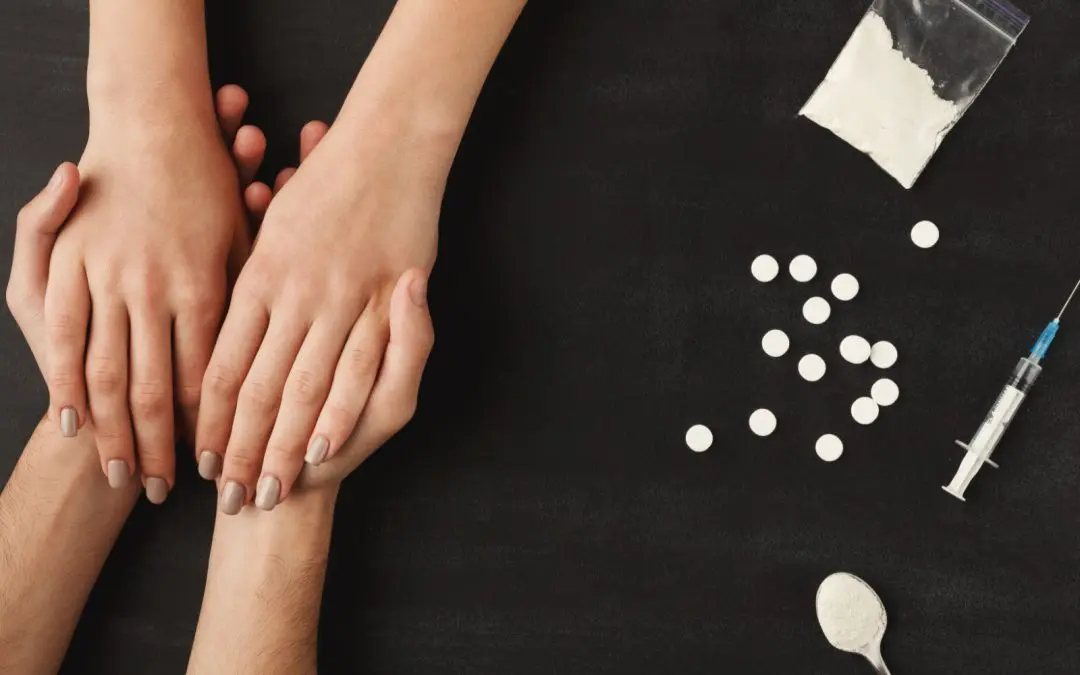





























Mosaic Behavioral Health
Mosaic Behavioral Health is a private rehab located in Randallstown, Maryland. Mosaic Behavioral Hea...

Healthcare Living for Families
Healthcare Living for Families is a private rehab located in Randallstown, Maryland. Healthcare Livi...

National Institute for Healthy Behavior
National Institute for Healthy Behavior is a private rehab located in Catonsville, Maryland. Nationa...

Counseling Resource Associates
Counseling Resource Associates is a privately operated counseling clinic that provides services for ...

MENTOR Maryland
MENTOR Maryland is a private rehab located in Catonsville, Maryland. MENTOR Maryland specializes in ...

Hope Health
Hope Health is a private rehab located in Gwynn Oak, Maryland. Hope Health specializes in the treatm...

RCI Counseling – Outpatient
RCI Counseling – Outpatient is a private rehab located in Dundalk, Maryland. RCI Counseling – Outpat...

Oxford House – Charmuth
Oxford House – Charmuth is a private rehab located in Towson, Maryland. Oxford House – Charmuth spec...

Young Adult Institute
Young Adult Institute is a private rehab located in Windsor Mill, Maryland. Young Adult Institute sp...

Regenerations Counseling Services
Regenerations Counseling Services is a private rehab located in Halethorpe, Maryland. Regenerations ...

Phoenix Therapeutic Foundation
Phoenix Therapeutic Foundation is a private rehab located in Catonsville, Maryland. Phoenix Therapeu...

The Ragpicker
The Ragpicker is a non-profit rehab located in Parkville, Maryland. The Ragpicker specializes in the...

Institute for Family Centered Services
Institute for Family Centered Services is a private rehab located in Halethorpe, Maryland. Institute...

EPOCH Counseling Center West
EPOCH Counseling Center West is a private rehab located in Catonsville, Maryland. EPOCH Counseling C...

1st Alternative Counseling
1st Alternative Counseling is a private rehab located in Owings Mills, Maryland. 1st Alternative Cou...

Family Vision
Family Vision is a private rehab located in Pikesville, Maryland. Family Vision specializes in the t...

People Encouraging People
People Encouraging People is a private rehab located in Gwynn Oak, Maryland. People Encouraging Peop...

Chesapeake Treatment Centers – New Directions Program
Chesapeake Treatment Centers - New Directions Program is located on the grounds of Charles H. Hickey...

Kolmac Outpatient Recovery Centers
Kolmac Outpatient Recovery Centers provide outpatient detoxification, rehabilitation, and continuing...

Balance Point Wellness – Nottingham
Balance Point Wellness – Nottingham is a private rehab located in Nottingham, Maryland. Balance Poin...

Hart Group
Hart Group is a private rehab located in Parkville, Maryland. Hart Group specializes in the treatmen...

Intervention and Rehab Associates
Intervention and Rehab Associates is a private rehab located in Freeland, Michigan. Intervention and...

AA – Alcoholics Anonymous
AA – Alcoholics Anonymous is a non-profit rehab located in Kingsville, Texas. AA – Alcoholics Anonym...









































































































































































































































































































